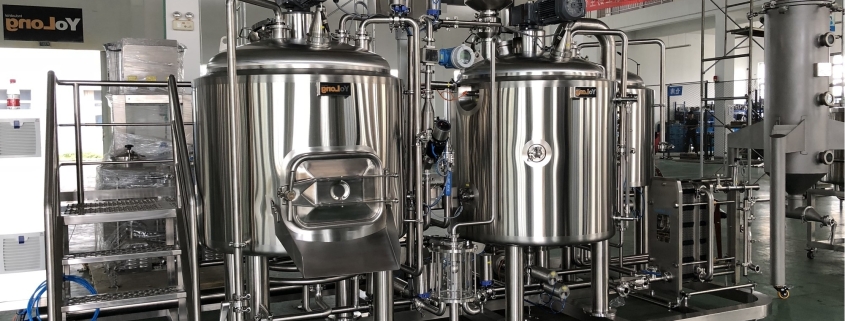The Latest Purchasing Guide for Commercial Fertilizers in 2025
What is a Commercial Fermenter?
If you’ve ever taken a sip of a crisp lager, savored a spoonful of creamy yogurt, or popped a probiotic supplement, then you’ve benefited from fermentation—and behind that magic is a commercial fermenter. But what exactly is a commercial fermenter? In the simplest terms, it’s a high-capacity, industrial-grade vessel designed to carry out fermentation on a large scale. Think of it as the kitchen for microorganisms, where yeast, bacteria, or fungi are nurtured to transform raw materials into delicious or useful products.
Unlike your kitchen’s mason jar filled with sourdough starter, a commercial fermenter is engineered for precision, efficiency, and consistency. These tanks—usually made from stainless steel—are meticulously designed to control temperature, pressure, pH, oxygen levels, and even agitation. Whether you’re brewing beer or cultivating enzymes for pharmaceuticals, a commercial fermenter is where the magic happens.
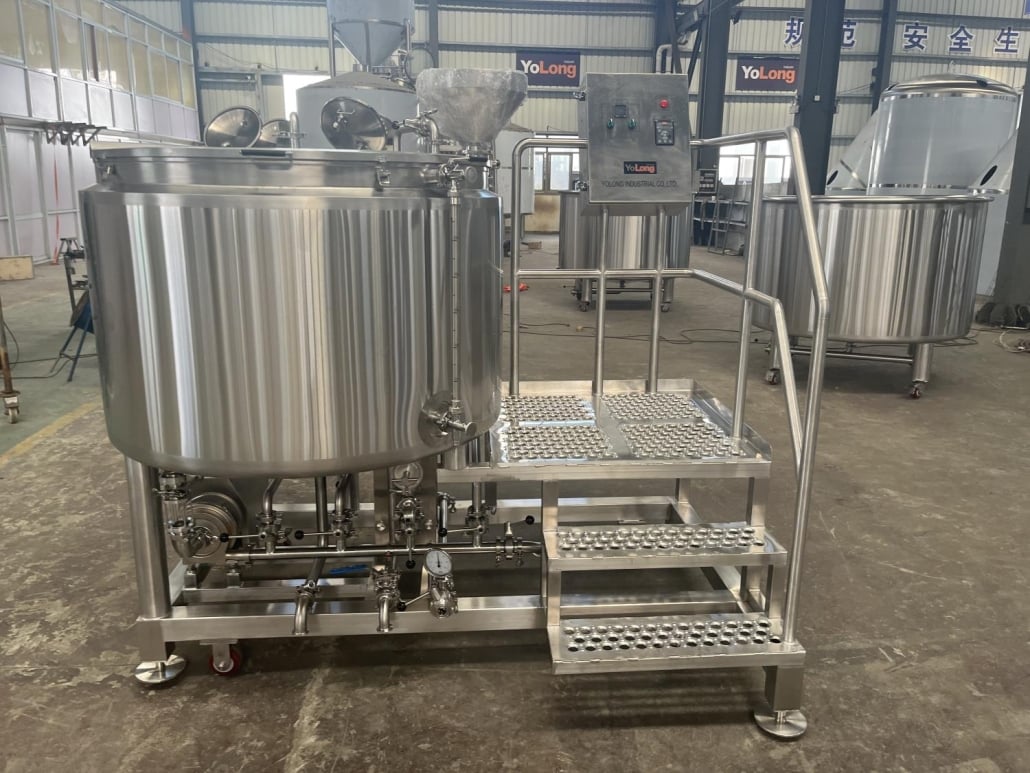
How Does a Commercial Fermenter Work?
Alright, let’s break this down. Imagine you’re throwing a party, but instead of people, you’ve invited billions of microbes. What do they need? Food (nutrients), the right ambiance (temperature and pH), and space to mingle (aeration or anaerobic environment). That’s essentially what a commercial fermenter provides.
First, the raw ingredients—often sugars or starches—are added to the fermenter. These act as the feedstock for the microbes. Depending on the product, different microorganisms are introduced. Once fermentation kicks off, the microbes get to work digesting the feedstock and producing useful byproducts—like alcohol, organic acids, or gases.
Sensors and control systems inside the fermenter constantly monitor parameters like pH, temperature, dissolved oxygen, and agitation speed. If anything veers off course, the system corrects it automatically. This high level of automation ensures the end product is consistent every single time.
Types of Commercial Fermenters
Not all fermenters are created equal. Depending on the end-use, you’ll find several types of commercial fermenters out there. Let’s explore the major ones:
1. Batch Fermenters These are the most traditional and straightforward. You load everything in, let the fermentation happen, and once it’s done, you harvest the product. It’s like baking a cake—all in one go.
2. Continuous Fermenters In these, fresh nutrients are constantly fed into the fermenter, while the product is simultaneously removed. It’s like having a tap of freshly brewed beer flowing 24/7. These are great for high-demand, large-scale operations.
3. Fed-Batch Fermenters This hybrid model starts like a batch fermenter, but new feedstock is added during the process to keep the microbes active. It gives you better control and often higher yields.
4. Airlift Fermenters These use air bubbles to circulate nutrients and microbes. They’re super energy-efficient and great for delicate organisms that can’t handle a lot of mechanical agitation.
5. Stirred Tank Fermenters (STF) The workhorse of the industry. Equipped with impellers and baffles, they’re perfect for mixing and oxygenating thick cultures.
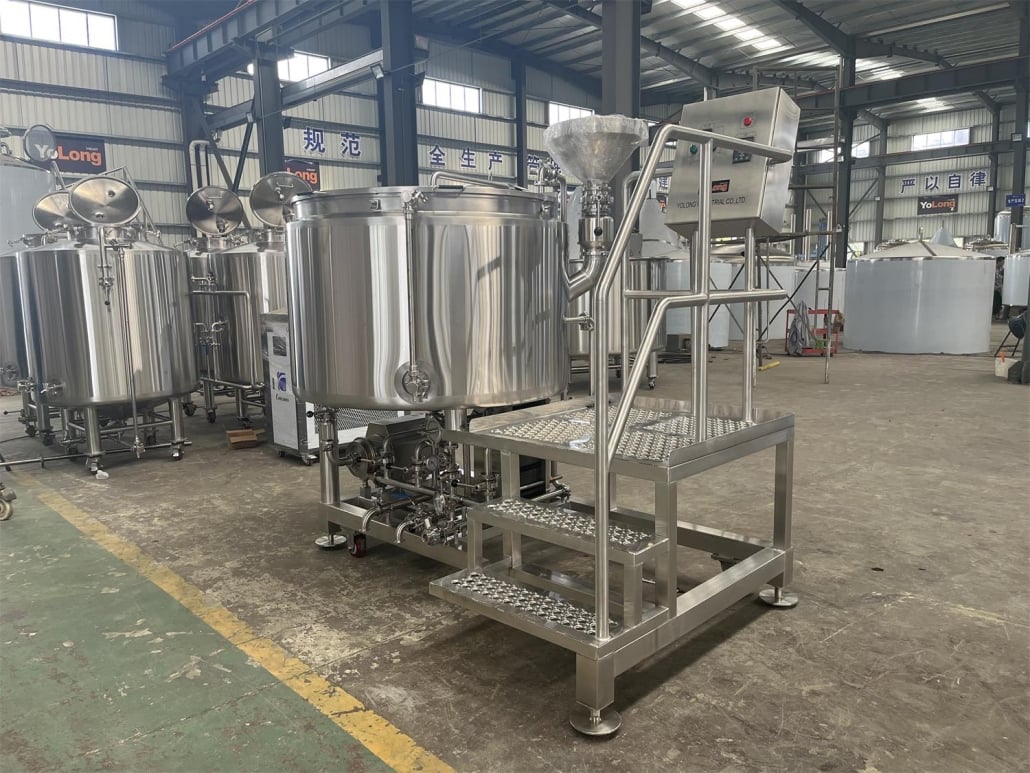

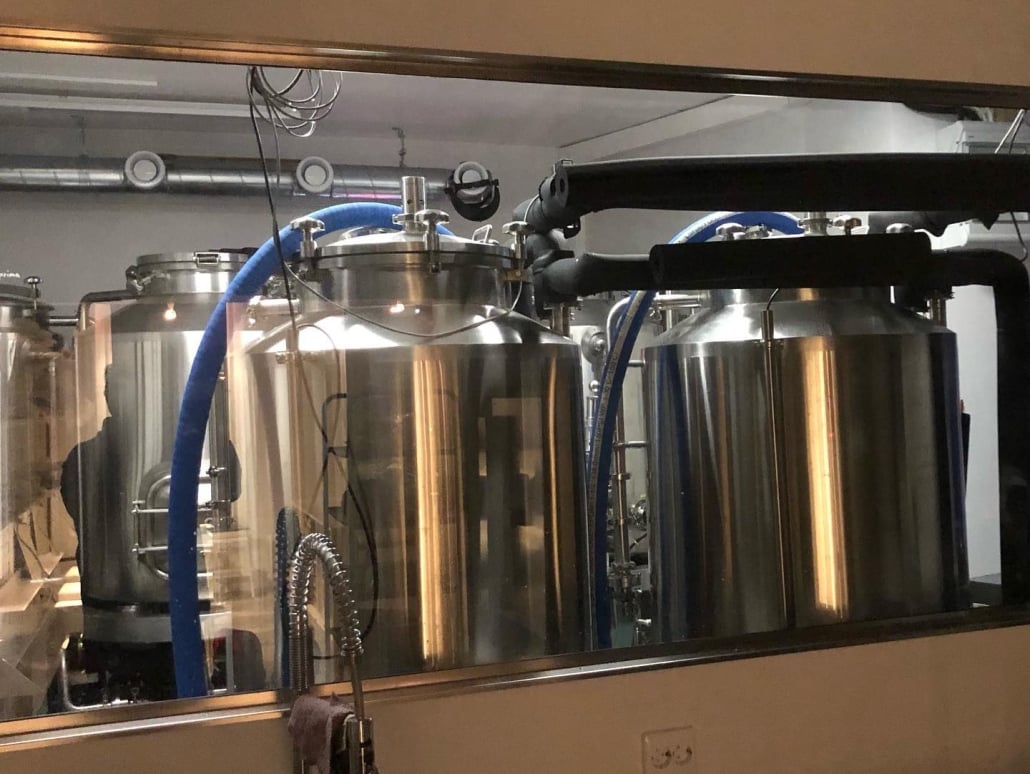
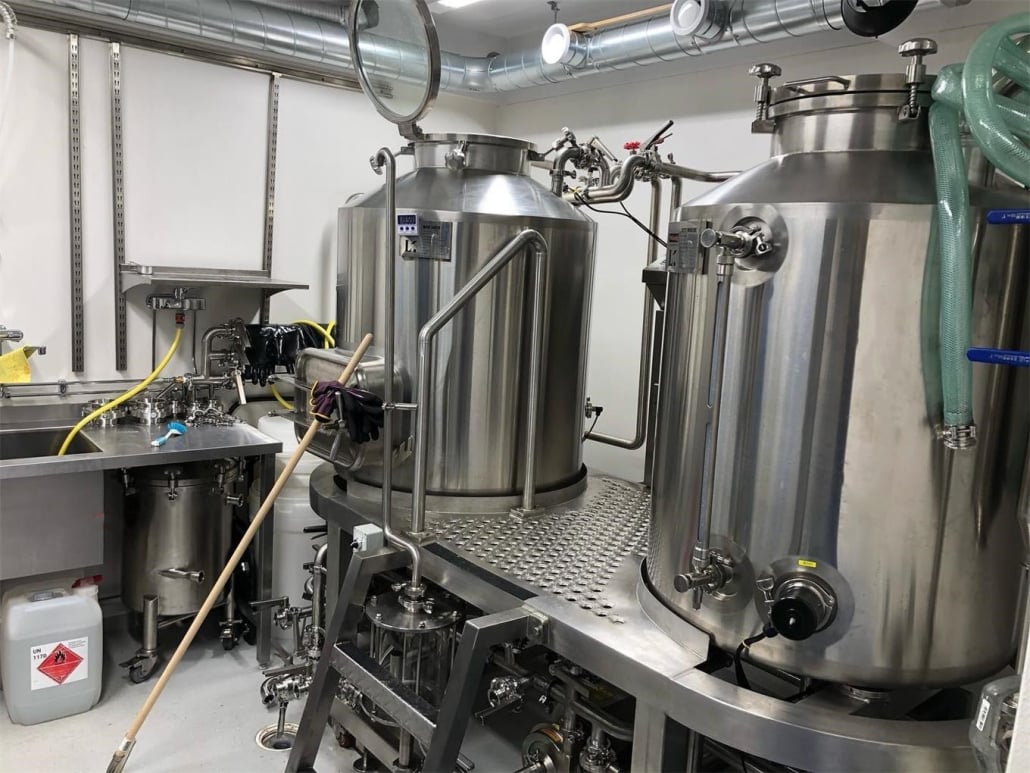
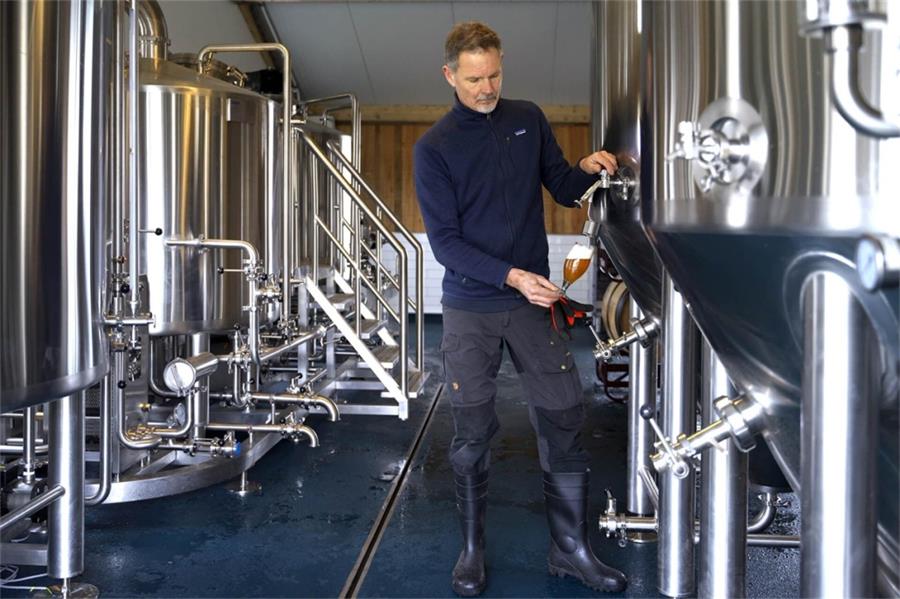
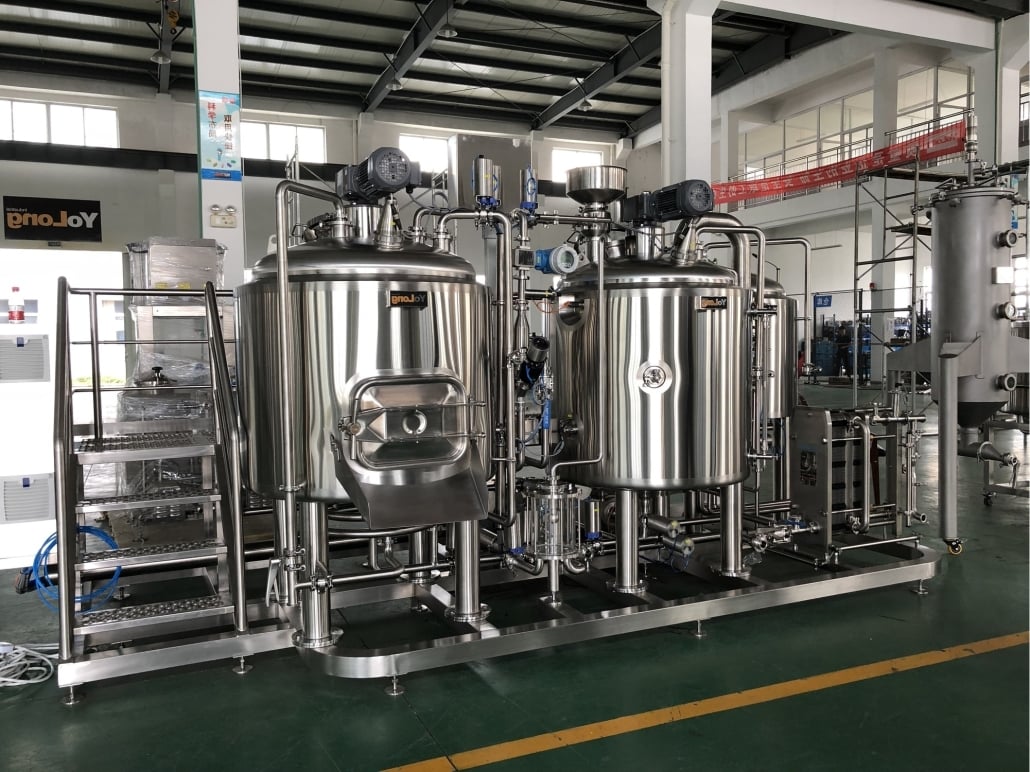
Key Features to Look for in a Commercial Fermenter
| Feature | Description |
|---|---|
| Material Construction | Usually stainless steel (316L grade) for durability, corrosion resistance, and easy sterilization. |
| Temperature Control | Integrated cooling/heating jackets or coils to maintain optimal microbial activity. |
| pH and DO Sensors | Real-time monitoring of pH (acidity) and DO (dissolved oxygen) to keep fermentation in check. |
| Agitation System | Impellers, paddles, or airlifts to ensure even mixing and oxygen distribution. |
| Capacity Options | Ranges from 100 liters for pilot setups to 30,000+ liters for industrial operations. |
| Sterilization Capability | SIP (Sterilization-in-Place) systems using steam or chemicals to maintain aseptic conditions. |
| Automated Controls | PLCs (Programmable Logic Controllers) with SCADA interfaces for data logging and process control. |
| Pressure Rating | Must withstand specific pressure ranges based on fermentation type (aerobic vs. anaerobic). |
| Ease of Cleaning | CIP (Clean-in-Place) systems with spray balls for minimal downtime and contamination risk. |
Benefits of Using a Commercial Fermenter
So why go commercial instead of DIY? For one, scale matters. A commercial fermenter can process thousands of liters in one go, making it ideal for large-scale production. Then there’s consistency—crucial when you’re selling a product to thousands or millions of customers. The controlled environment ensures each batch meets the same quality standards.
They also drastically reduce contamination risks thanks to sealed systems and sterilization features. And let’s not forget automation. Modern commercial fermenters come with programmable controls, reducing labor and human error while maximizing productivity. All in all, they save time, reduce waste, and increase profit.
Applications in Different Industries
You might be surprised how many sectors rely on fermentation. Let’s walk through a few:
- Brewing & Distilling: Craft beers, whiskeys, wines—all start in a fermenter.
- Pharmaceuticals: Antibiotics, insulin, and vaccines often originate from microbial fermentation.
- Food Industry: Yogurt, soy sauce, cheese, pickles—yes, they all involve fermentation.
- Biofuels: Ethanol production uses fermenters to convert biomass into fuel.
- Agriculture: Feed additives and biopesticides are produced via microbial fermentation.
Each of these sectors needs specific fermenter configurations, but they all rely on the same core principle: controlled microbial growth.
Commercial Fermenter vs. Bioreactor
These terms often get tossed around interchangeably, but are they really the same thing? Not quite.
A commercial fermenter is specifically designed for fermentation processes—typically involving anaerobic or low-oxygen conditions. It’s most commonly used in food, beverage, and ethanol industries.
A bioreactor, on the other hand, is a broader term. It can include fermenters but also encompasses aerobic systems for cultivating cells, like mammalian or insect cells, for biotech applications. So, while every fermenter can be considered a bioreactor, not every bioreactor is a fermenter.
In terms of equipment, bioreactors often come with more advanced monitoring systems, sterile air filtration, and are used in more sensitive or regulated environments, like pharmaceutical R&D.
Where to Buy or Source a Commercial Fermenter
Looking to get one? Your best bet is to go with trusted industrial equipment suppliers who specialize in biotech or brewing equipment. Here are a few options:
- GEA Group – Known for premium brewing systems and hygienic design.
- Applikon Biotechnology – Great for lab and pilot-scale fermenters.
- ZETA GmbH – Specializes in pharmaceutical-grade bioreactors.
- Ss Brewtech & Blichmann – Ideal for craft brewers and small commercial setups.
- Alibaba & Made-in-China – Cost-effective solutions, but be sure to vet manufacturers thoroughly.
When choosing a vendor, consider after-sales support, customization options, warranty, and whether they offer installation and training services. It’s not just a tank; it’s a key part of your production line.
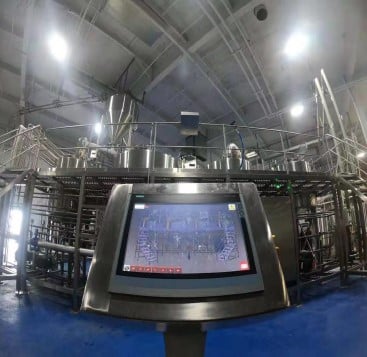
FAQ
| Question | Answer |
|---|---|
| What is the main difference between batch and continuous? | Batch fermenters work in cycles while continuous systems operate nonstop with inputs and outputs running simultaneously. |
| Can I use a fermenter for multiple products? | Technically yes, but cross-contamination is a risk. Proper cleaning and validation are essential between batches. |
| How much does a commercial fermenter cost? | Prices range from $10,000 for small models to $500,000+ for large, fully automated systems. |
| What’s the maintenance like? | Routine calibration, cleaning (CIP/SIP), and part replacement like seals or sensors are standard upkeep tasks. |
| Is stainless steel better than glass or plastic? | For commercial use, yes—stainless steel offers better durability, sterilization, and longevity. |
| How do I know what size fermenter I need? | Base it on your production goals, volume per batch, growth plans, and available floor space. |
| Do commercial fermenters need a special license? | In many regions, yes—especially for food, pharma, or alcohol production. Regulatory compliance is crucial. |
| What’s the lifespan of a fermenter? | With proper care, stainless steel fermenters can last 15–25 years or more. |
| Are used fermenters a good option? | They can be if they’re certified, refurbished, and meet your hygiene and regulatory standards. |
| Can fermenters be customized? | Absolutely. Custom ports, agitators, insulation, automation levels, and sensors can all be tailored to your process. |

